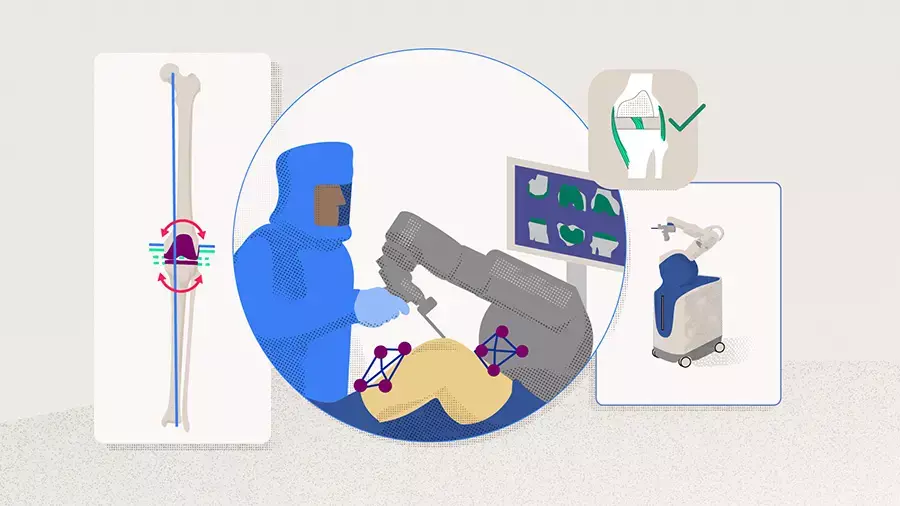- Home
- Medical news & Guidelines
- Anesthesiology
- Cardiology and CTVS
- Critical Care
- Dentistry
- Dermatology
- Diabetes and Endocrinology
- ENT
- Gastroenterology
- Medicine
- Nephrology
- Neurology
- Obstretics-Gynaecology
- Oncology
- Ophthalmology
- Orthopaedics
- Pediatrics-Neonatology
- Psychiatry
- Pulmonology
- Radiology
- Surgery
- Urology
- Laboratory Medicine
- Diet
- Nursing
- Paramedical
- Physiotherapy
- Health news
- Fact Check
- Bone Health Fact Check
- Brain Health Fact Check
- Cancer Related Fact Check
- Child Care Fact Check
- Dental and oral health fact check
- Diabetes and metabolic health fact check
- Diet and Nutrition Fact Check
- Eye and ENT Care Fact Check
- Fitness fact check
- Gut health fact check
- Heart health fact check
- Kidney health fact check
- Medical education fact check
- Men's health fact check
- Respiratory fact check
- Skin and hair care fact check
- Vaccine and Immunization fact check
- Women's health fact check
- AYUSH
- State News
- Andaman and Nicobar Islands
- Andhra Pradesh
- Arunachal Pradesh
- Assam
- Bihar
- Chandigarh
- Chattisgarh
- Dadra and Nagar Haveli
- Daman and Diu
- Delhi
- Goa
- Gujarat
- Haryana
- Himachal Pradesh
- Jammu & Kashmir
- Jharkhand
- Karnataka
- Kerala
- Ladakh
- Lakshadweep
- Madhya Pradesh
- Maharashtra
- Manipur
- Meghalaya
- Mizoram
- Nagaland
- Odisha
- Puducherry
- Punjab
- Rajasthan
- Sikkim
- Tamil Nadu
- Telangana
- Tripura
- Uttar Pradesh
- Uttrakhand
- West Bengal
- Medical Education
- Industry
RA-TKA offers superior short-term outcomes over conventional techniques, but long-term benefits uncertain: study

Bartlomiej Dobromir Bulzacki‑Bogucki et al conducted a systematic review of the literature to evaluate long-term clinical and radiological outcomes, postoperative complications, and implant survivorship of robotic-assisted total knee arthroplasty (RA-TKA) compared to conventional manual total knee arthroplasty (Co-TKA).
A systematic review of the literature was performed with a primary search on Medline through PubMed. The PRISMA 2009 flowchart and checklist were used to edit the review. Exclusively human studies comparing RA-TKA with Co-TKA, with at least 12-month follow-up, were included. Outcomes assessed included clinical and radiographic results, postoperative complications, and implant survivorship.
The key findings of the study were:
• Twenty-three articles met the inclusion criteria, mostly rated as level II or III evidence. RA-TKA was associated with improved component alignment, better knee balance, reduced blood loss, and soft tissue preservation.
• These findings were linked to lower postoperative pain and reduced opioid consumption.
• Regarding long-term outcomes, RA-TKA showed similar rates in post-operative complications compared to Co-TKA, though results varied across studies.
• Data on implant survivorship were limited, with most studies reporting comparable medium- and long-term survival rates between RA-TKA and Co-TKA.
The authors concluded – “RA-TKA and CO-TKA surgical procedures differ in several aspects. RA TKA allows for better soft tissue preservation, improved component alignment, reduced intraoperative blood loss, and improved knee balance. These factors contribute to lower reported postoperative pain and reduced opioid use in the RA TKA group leading to quicker postoperative recovery and a smoother, more satisfactory return to daily life, highlighting the critical role of robotic assistance in TKA procedures, particularly in fast recovery and fast-track protocols, along with personalized and focused postoperative rehabilitation protocols. Further studies in this direction are strongly needed. Additionally, the long-term clinical outcomes and survivability of RA-TKA implants still need to be thoroughly studied, especially in comparison with the outcomes of conventional prostheses.”
Further reading:
Robotic‑assisted total knee arthroplasty: Promise or parity in long‑term outcomes?
Bartlomiej Dobromir Bulzacki‑Bogucki et al
MUSCULOSKELETAL SURGERY
https://doi.org/10.1007/s12306-025-00922-9
MBBS, Dip. Ortho, DNB ortho, MNAMS
Dr Supreeth D R (MBBS, Dip. Ortho, DNB ortho, MNAMS) is a practicing orthopedician with interest in medical research and publishing articles. He completed MBBS from mysore medical college, dip ortho from Trivandrum medical college and sec. DNB from Manipal Hospital, Bengaluru. He has expirence of 7years in the field of orthopedics. He has presented scientific papers & posters in various state, national and international conferences. His interest in writing articles lead the way to join medical dialogues. He can be contacted at editorial@medicaldialogues.in.


